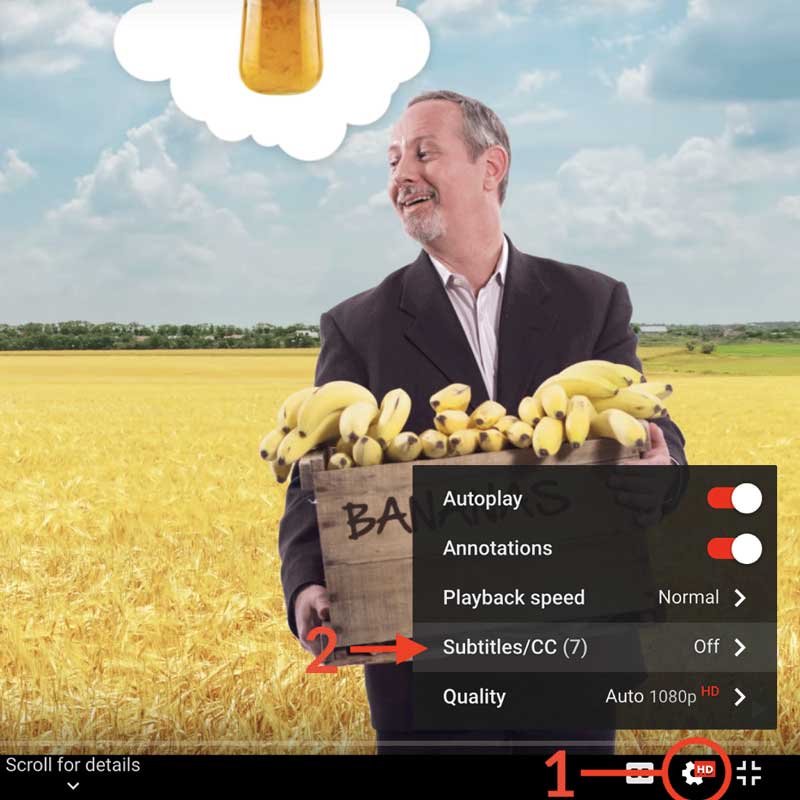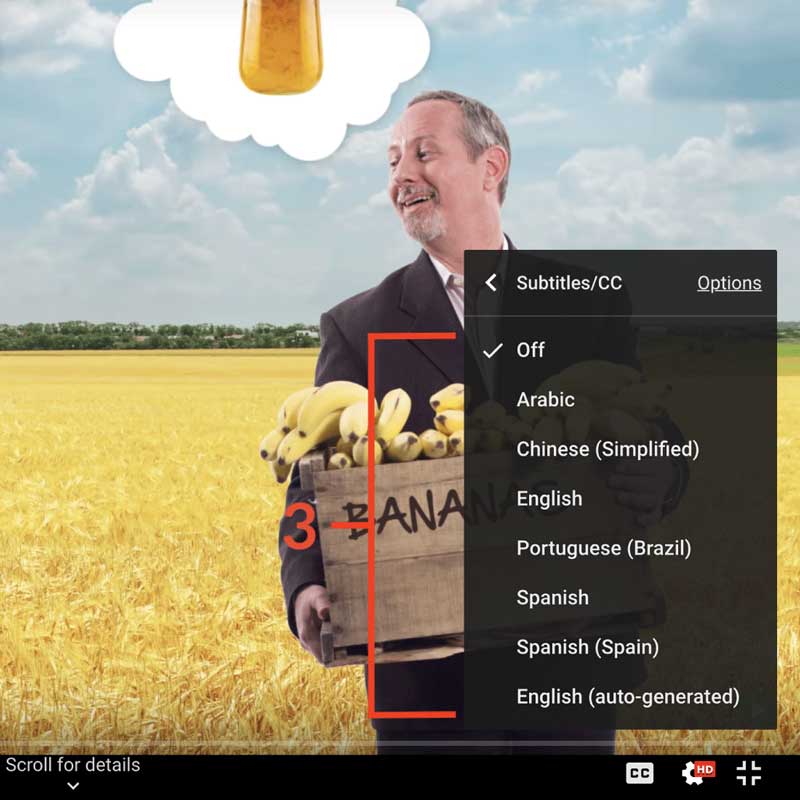Cowen/Tabarrok: Rent or Buy?
Course Outline
Cowen/Tabarrok: Rent or Buy?
Owning a home is a huge part of the American Dream. But is the dream of homeownership really all it’s cracked up to be?
In this new Econ Duel from Marginal Revolution University, Professors Tyler Cowen and Alex Tabarrok weigh in on the issue. Each representing a side of the home ownership debate, the two professors ask what’s smarter—to rent, or to buy?
On the “buy” side, Tyler Cowen shares the tax advantages of buying a home as well as the effect homeownership has on one’s stability and savings regimen. Does buying a home force us into better savings habits?
Against those arguments, we have Alex Tabarrok, coming down on the “rent” side of the equation.
Among other points, he talks about the real beneficiary of tax breaks (hint: It may not be you!). Along with that, Alex tackles the trials and tribulations of home-buying, in places like San Francisco, New York, or Boston, where a combination of scarce building permits and increased demand drive up home prices. Plus, doesn’t owning a home -- and committing a 20% down payment -- break the diversification rule of good investing?
All that said, though, here’s the real question that matters—which side are YOU on? Watch and let us know in the comments!
Teacher Resources
Transcript
[Tyler] So Alex, we're economists. Often people ask me, well what is it that we know about investment and investment advice anyway? Now, we've already talked about equities, but as economists do we have anything else to tell people?
[Alex] Let's talk a little bit about housing, because housing is one of these areas where there's a lot of myths around it. People in America, it's part of the American Dream. And one thing I think people don't realize is that over the long run, house prices are certainly not guaranteed to go up. I mean we saw in the financial crisis that house prices came way down. But there's still this kind of idea that people have in their heads that they're not making any more land, so in the long run house prices have to go up. And we know from our understanding of assets that you should not expect your house to be a great financial investment.
[Tyler] But isn't there a tax reason to buy a home? So, if I borrow money for a mortgage, and I'm paying income tax and itemizing my deductions, I can write off a lot of that mortgage interest and get some of the money back. And that means it could be cheaper or more advantageous to buy the home because of taxes.
[Alex] But don't forget, a lot of that tax advantage is going to be captured not by the buyer, but by the seller. What the tax advantage means is it pushes up the prices of homes. It's already built into a higher price, so you, as the buyer, don't always get that gain. Often, it's the seller.
[Tyler] Well, but think of this in terms of elasticity. Say I live in an area, like many parts of Texas or Florida, where I get this tax break that increases the demand for homes, yes. But then suppliers build more homes and they drive the price back down again. And it seems that in a lot of states actually, the buyer should be reaping a lot of that tax break. Yes, No?
[Alex] If only there were more places in the United States like that, I would tend to agree. But one of the big problems we have in the United States today is that the demand for housing goes up and you're in some place like San Francisco, or New York, or Boston where it's impossible to get permits to build more housing. And when the demand goes up, all that means is the price of the house goes up. So, all of those gains, whether it's from the tax system, or whether it's from people wanting to move to San Francisco, all of those gains go to the land owners. And that's actually a big problem we have in the United States today.
[Tyler] But I do see a stability reason to own a home. Say you're 37 years old, you have 2 kids in school, you want them to go to a good high school district. You don't want to be told, "You're going to have to move." You want to arrange your backyard the way you see fit. And you don't want to have to renegotiate a rent contract. All of those factors militate in favor of buying a home.
[Alex] So, I think you're right for those people. But one thing you've got to keep in mind is that on average, houses are not going to be a great financial investment. So, you have to be exactly one of those people who wants extra stability, more stability than the average person. That's when you're going to gain from buying a house. And, keep in mind, that when you buy a house and that heating system collapses and you've got to repair that, that's a big problem. When you're hit by a lightning strike and you've got to repair the roof, that's a big expense as well. So, when people say, "I'm only worried about the rent going up." Well that's fine. They may be worried about that, but don't forget, you've got to be worried about replacing the roof every 20 years, as well.
[Tyler] So, it's really a marginal question, you're saying. Like at the margin, do you need the tax break more than the typical buyer? At the margin, do you value the good high school district more than the typical buyer? And at the margin, are you better at fixing the broken roof or hiring someone to do it than the average buyer? And those things may or may not apply to you, but that's the right way to think about it?
[Alex] Exactly right, so if you want that tax advantage, you've got to be earning more income than average. You've got to be itemizing your deductions. If you're not one of those people in the upper middle class, you're not going to get that tax advantage. If you've got one kid, maybe the school is not so important. Maybe you have to have two before you really get that advantage from the schooling. So yeah, you've got to be thinking about how you're different from the average. If you really want to buy a home, you've got to love buying a home.
[Tyler] I think of people as needing to save more typically, that we're programmed to think about the here and now, we're a bit impatient. Perhaps we haven't evolved to think well enough about the more distant future. If you buy a home, pay off your mortgage at the end of 30, or one hopes 15 years, you own something. In the meantime, you're saving and you get into a routine that doesn't even feel like saving. It's more savings than if you're writing a rent check every month. So, maybe it's our own imperfections. We need to lock ourselves into a higher savings regime, and that's another possible reason to buy a home.
[Alex] Yeah, I do think the forth savings argument has got something to it. But there's a big problem, especially in the United States today, and that is there's such an encouragement to buy houses with no money down, even after the financial crisis. If you really are concerned about savings, the key point is to have a 20% down payment. So, save up for that down payment. And that is really what is going to be the forth savings aspect of buying the house.
[Tyler] You know, I think the biggest piece of advice I'd give to people is just to be on that wealthier side of the equation, so that owning a home makes sense for you.
[Alex] Don't forget our earlier investment rule: Diversify, diversify, diversify. And yet, when it comes to housing, people are encouraged to put a huge amount of their wealth into one asset, in one place in the country. That could be a terrible decision. If you're in a small town with only one employer, and you have a house and that employer goes bust, well your house price is going to fall, you might lose your job, your income is all going to fall, and it's all going to be happening concentrated, all in one place all at one time.
Subtitles
- English
- Spanish
- Chinese
Thanks to our awesome community of subtitle contributors, individual videos in this course might have additional languages. More info below on how to see which languages are available (and how to contribute more!).
How to turn on captions and select a language:
- Click the settings icon (⚙) at the bottom of the video screen.
- Click Subtitles/CC.
- Select a language.


Contribute Translations!
Join the team and help us provide world-class economics education to everyone, everywhere for free! You can also reach out to us at [email protected] for more info.
Submit subtitles
Accessibility
We aim to make our content accessible to users around the world with varying needs and circumstances.
Currently we provide:
- A website built to the W3C Web Accessibility standards
- Subtitles and transcripts for our most popular content
- Video files for download
Are we missing something? Please let us know at [email protected]
Creative Commons

This work is licensed under a Creative Commons Attribution-NoDerivatives 4.0 International License.
The third party material as seen in this video is subject to third party copyright and is used here pursuant
to the fair use doctrine as stipulated in Section 107 of the Copyright Act. We grant no rights and make no
warranties with regard to the third party material depicted in the video and your use of this video may
require additional clearances and licenses. We advise consulting with clearance counsel before relying
on the fair use doctrine.

